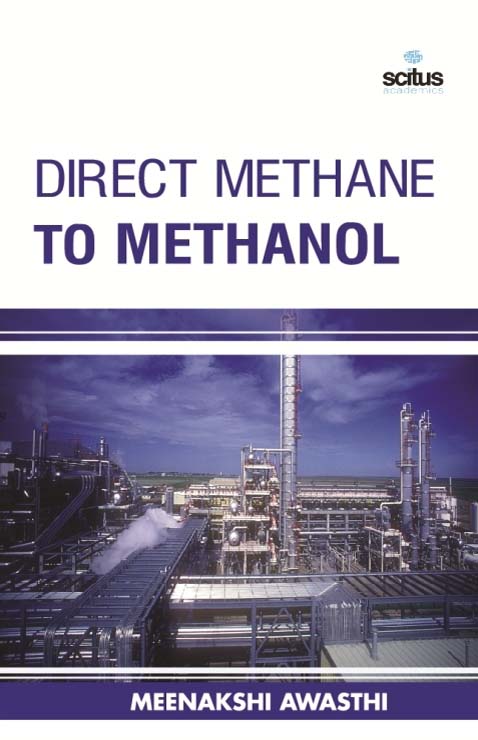The oxidative coupling of methane (OCM) is a type of chemical reaction discovered in the 1980s for the direct conversion of natural gas, primarily consisting ofmethane, into value-added chemicals. Direct conversion of methane into other useful products is one of the most challenging subjects to be studied inheterogeneous catalysis.[1] Methane activation is difficult because of its thermodynamic stability with a noble gas-like electronic configuration. The tetrahedral arrangement of strong C–H bonds (435 kJ/mol) offer no functional group, magnetic moments or polar distributions to undergo chemical attack. This makes methane less reactive than nearly all of its conversion products, limiting efficient utilization of natural gas, the world’s most abundant petrochemical resource.













